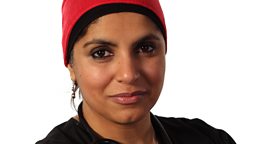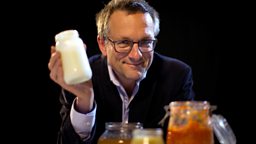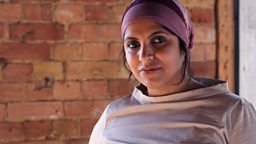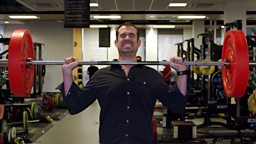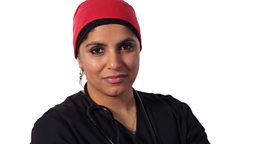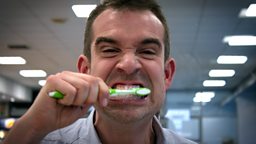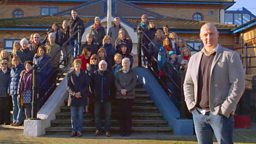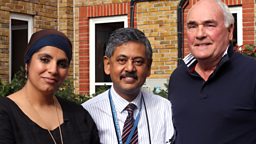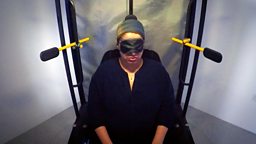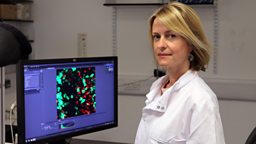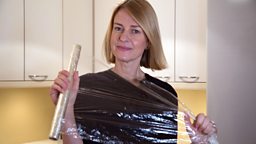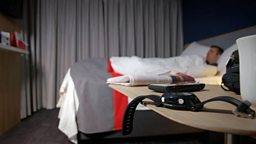Why do some people get cold sores and what can be done about them?
Cold sores are painful blisters on the lips that can form unsightly crusts. They are very common and are caused by the herpes simplex virus. The medical name for facial cold sores is herpes labialis.

There are two strains of herpes simplex virus (HSV), but the strain usually responsible for cold sores is known as herpes simplex virus type 1 (HSV-1). Most of us already harbour this virus, indeed estimates suggest that 67% of the world’s population under 50 is infected with HSV-1. In many cases, people become infected during childhood, and once this happens you carry the virus for life.
However, not everyone who has HSV-1 gets cold sores. In fact most people who carry the virus aren’t actually aware of it because it causes them no symptoms at all. That’s because the herpes simplex virus becomes dormant and has the ability to hide from the body’s immune system. Cold sores occur when something triggers the virus and causes it to reactivate.
Triggers that can cause cold sores to erupt vary from person to person and can include stress, feeling run down, and exposure to lots of strong sunlight.
So if you suffer from cold sores you should try to identify your triggers and avoid them if possible.
If you do get cold sores, there are a few general rules you should follow. It’s a good idea to wash your hands after touching a cold sore to stop the infection from spreading. It’s also best to avoid kissing whilst you’ve got an active cold sore. Although most people already carry HSV, if your partner doesn’t you could end up passing the virus onto them, which could cause them to suffer from cold sores too. HSV can also be transmitted to your partner’s genitals so it’s wise to avoid oral sex when you have a cold sore.
But once you have a cold sore, what can you actually do about it?
Although HSV can’t be completely eliminated from the body, there are cold sore treatments available that might be helpful. Pharmacies sell anti-viral creams that sometimes make cold sores go away a bit faster, as long as you start to use them as soon as you feel the familiar tingling of a cold sore coming on.
The pain that accompanies cold sores can be treated with pain relief creams or with home remedies like mint, but such home remedies have not been thoroughly tested. Fortunately, if you do nothing most cold sores should heal by themselves within 10 days.
If the cold sore persists, or if you’re getting them often, you should go and see your doctor as they may need to prescribe stronger oral antiviral medication.






